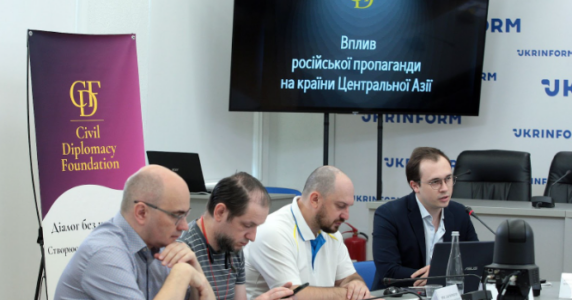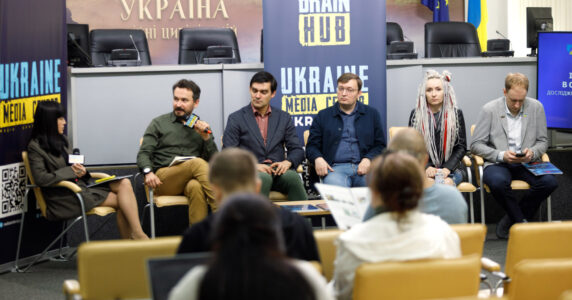Navigation and useful materials
Russia tries to use the migration crisis on the border between Poland and Belarus to sow anti-Polish sentiment in Brussels and anti-European sentiment in Poland itself.
This was stated by Michał Marek from the Centre for the Study of the Modern Security Environment in Krakow during the discussion “Lukashenko’s Migrant Invasion: Objectives and Information Support of Hybrid Aggression Against the EU” held by the Centre for Strategic Communications and Information Security.
“The purpose of the [migration crisis] is to destabilize the situation in the European Union. Are the Russians succeeding? I believe not. Poland is defending its borders; we are receiving signals of support from the European Union, the EU and NATO are starting to get involved in border protection. Poland has not been abandoned,” he commented.
According to him, Russia has artificially created the problem and is now proposing a solution, using the crisis for its own purposes: to force the West to engage in negotiations.
“We need to monitor how Germany and France respond to the fact that Russia is lobbying itself as a mediator at the end of this crisis. The crisis itself is connected with Nord Stream 2, with the attempt to lift sanctions against Lukashenko. I hope the West understands what game Putin is playing and will refuse to negotiate with him,” emphasized Michał Marek.
We remind you that since November 8, a large group of migrants made an attempt to rush the border with Poland.
Until the end of November, a state of emergency is in effect in the border area between Poland and Belarus.
According to Polish border guards, up to 4,000 people seeking to enter the EU have been in the immediate vicinity of the Polish border since November 8. Poland’s border with Belarus is currently protected by about 13,000 military servants from four army divisions.
If you have found a spelling error, please, notify us by selecting that text and pressing Ctrl+Enter.


